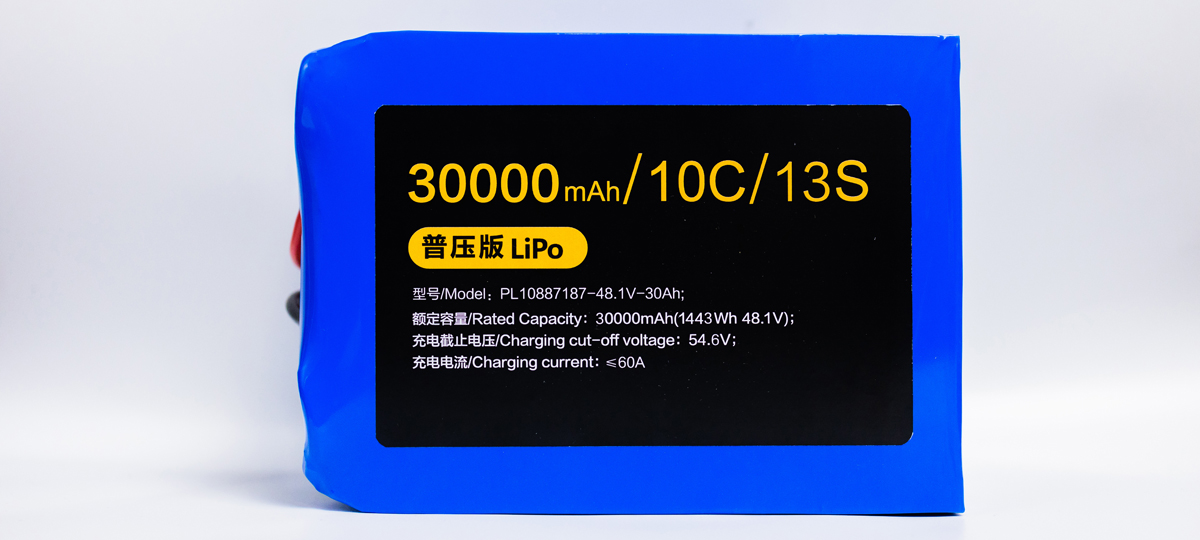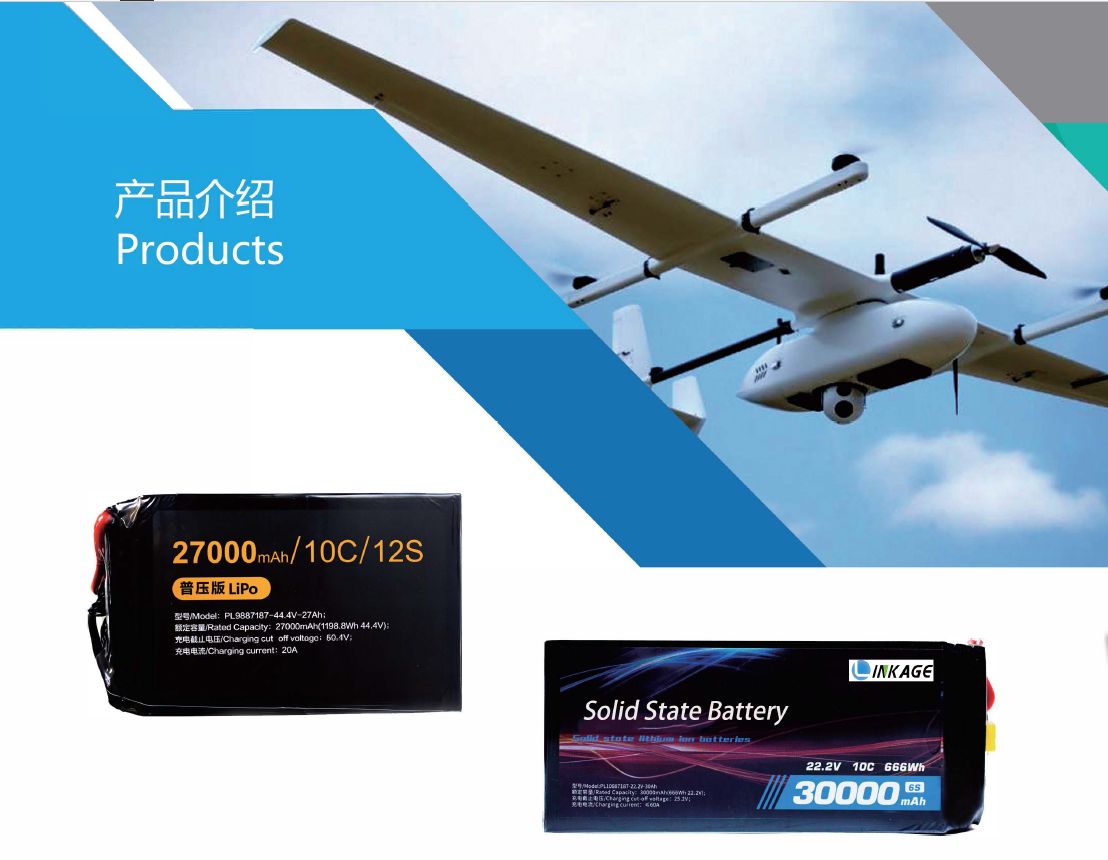- 16
- Nov
Where Can I Buy Solar Batteries?
Solar batteries are crucial for making the most out of solar energy systems. They store the energy your solar panels collect during the day. This means you can use solar power even when the sun isn’t shining, like at night or during cloudy days. They help reduce reliance on the grid, saving money and promoting eco-friendly energy use. For buying solar batteries, you can explore various online stores and local dealers. Websites like linkage-battery.com offer a wide range, providing options for different needs and budgets. They give detailed product information, making it easier to choose the right one for your solar system.
What is a solar light battery?
A solar light battery is a special battery used in solar lights to store energy. During the day, solar panels on the lights collect sunlight and convert it into electrical energy. This energy then charges the battery. At night, or when it’s dark, the solar light uses the stored energy in the battery to power its LED lamp. This process makes solar lights self-sufficient and eco-friendly. Solar light batteries are usually rechargeable and can last for several years. They are a key component in making solar lights a reliable and sustainable lighting option for outdoor spaces.

How Does A Solar Battery Work?
A solar battery plays a crucial role in harnessing solar energy. Here’s how it works:
Absorbing Sunlight: The process starts with solar panels, which are made of photovoltaic cells. These cells absorb sunlight during the day. Each cell converts sunlight into electrical energy. This is the beginning of the journey of solar power.
Converting Solar Energy: The energy from the sun, in the form of photons, gets converted into direct current (DC) electricity by the solar cells. This electricity is what flows out of the solar panels.
Storing the Energy: Now, here comes the role of the solar battery. The DC electricity from the solar panels goes into the solar battery. Inside the battery, this energy gets stored for later use. It’s like a reservoir holding the energy.
Power Conversion: Most homes and appliances use alternating current (AC) electricity. So, when you need to use the stored solar energy, an inverter changes the DC electricity into AC electricity.
Using the Energy: Once the energy is in the right form (AC), you can use it to power your home. This happens especially during the night or on cloudy days when the solar panels aren’t getting sunlight.
Continuous Cycle: The next day, when the sun is out again, the solar panels start absorbing sunlight. They recharge the battery, and the cycle continues. This way, your home can have a consistent supply of energy.
Solar batteries make solar power systems more efficient and reliable. They ensure that the energy captured during sunny days doesn’t go to waste.
Solar Battery Types
Solar batteries come in various types, each with unique features and benefits. Understanding these types can help you choose the best one for your solar energy system.
Lead-Acid Batteries
These are the traditional type of solar batteries. They have been around for a long time and are quite affordable. Lead-acid batteries are good for large solar systems, like those in homes. They require regular maintenance, like checking the water level, but they’re reliable and well-understood.
Lithium-Ion Batteries
These are newer and more advanced than lead-acid batteries. Lithium-ion batteries are popular in home solar systems and electric vehicles. They are lighter, more compact, and last longer than lead-acid batteries. They require less maintenance and offer better performance, but they’re usually more expensive.
Nickel-Cadmium (NiCd) Batteries
NiCd batteries are durable and can work well in extreme temperatures. They’re good for solar systems in areas with very hot or cold climates. However, cadmium is toxic, and these batteries need to be disposed of carefully.
Nickel-Metal Hydride (NiMH) Batteries
NiMH batteries are similar to NiCd but are more environmentally friendly. They have a good life span and work well in a range of temperatures. They’re a good middle ground between lead-acid and lithium-ion batteries.
Flow Batteries
These are a newer type of solar battery. Flow batteries store electricity in liquid solutions. They are great for large-scale energy storage, like in solar farms. They have a long lifespan and can be discharged completely without damage, but they’re more complex and expensive.
Things to Look for When You’re Picking a Solar Battery
When picking a solar battery, it’s important to make an informed choice. Here are the key points to consider:
Battery Capacity and Power
The capacity of a battery tells you how much energy it can store, usually measured in kilowatt-hours (kWh). A higher capacity means the battery can store more energy, which is great for times when you need more power. However, you also need to consider the power rating, which tells you how much energy the battery can deliver at a time. A battery with a high capacity but a low power rating can store a lot of energy, but it won’t be able to run many appliances simultaneously.
Battery Life and Warranty
Check the battery’s life expectancy and warranty. A good quality solar battery should last several years. Most batteries come with a warranty that guarantees a certain number of cycles (charge and discharge) or years of use. Batteries with a longer lifespan and warranty may be more expensive, but they can be more cost-effective in the long run.
Depth of Discharge (DoD)
The DoD refers to how much of the battery’s capacity can be used. For example, a battery with a DoD of 90% means you can use 90% of its capacity without harming its lifespan. A higher DoD means you can use more of the battery’s capacity, making it more efficient.
Efficiency
This is about how much energy put into the battery can be used. Higher efficiency means you’ll get more out of the energy stored. This is important because some energy is lost in the storage and retrieval process. A more efficient battery means less waste and more usable energy.
Type of Battery
There are different types of solar batteries, like lead-acid, lithium-ion, nickel-cadmium, and flow batteries. Each type has its pros and cons. Lead-acid batteries are usually cheaper but have a shorter lifespan and require more maintenance. Lithium-ion batteries are more expensive but have a longer lifespan and are more efficient. Consider what’s most important for your needs – whether it’s cost, lifespan, maintenance, or efficiency.
Cost
The cost of a solar battery includes not only the initial purchase price but also installation costs and any maintenance or replacement costs over its lifetime. While it might be tempting to go for a cheaper option, it’s important to consider the overall value. A more expensive battery might have a longer lifespan, lower maintenance costs, and better performance, which can save money in the long run.

Where can I buy solar batteries?
You can buy solar batteries from various places, but a great option is linkage-battery.com. They offer a wide range of solar batteries suitable for different needs. Whether you’re looking for a battery for a small home system or a large setup, you’ll likely find what you need there. Their website is user-friendly, making it easy to browse and compare different models. Plus, they provide detailed information about each battery, helping you make an informed choice. Their customer service is also known to be helpful, and ready to answer any questions you might have.
